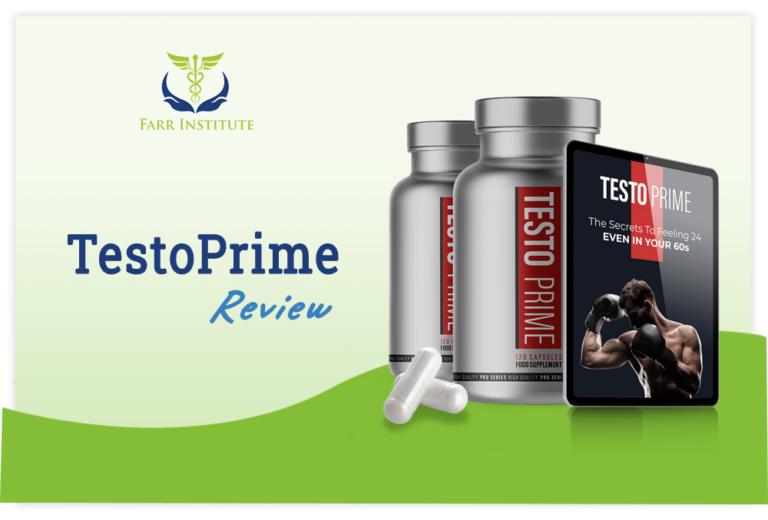On the list of mostly
cited negative effects for hormone replacement therapy as a solution to low testosterone of males is an elevated risk of prostate cancer. Nevertheless, much like with the Million Woman Study that linked HRT as well as breast cancer, the evidence corroborating this belief is dated and likely bogus. In fact, according to several contemporary research, low testosterone is does testoprime really work (
timesofisrael.com) a risk factor FOR types of male cancer.
The roots of the principle that testosterone replacement increased the risk of prostate cancer perform research done at the Faculty of Chicago in the 1940s by a team led by urologist Charles Huggins. Based on tests performed first on dogs and then on humans, Huggins' group came to the
conclusion that prostate cancer was androgen centered - when testosterone levels were higher, the cancer worsened, but when the amounts had been lowered, the cancer shrank. Huggins' theory led to surgical castration - removal of the testicles - becoming the conventional therapy for prostate cancer due to the available fall in testosterone. Huggins was awarded a Nobel Prize in 1966 for these contributions to medical research.
Huggins' findings led physicians and scientists to believe for several years that testosterone levels and prostate cancer occurrence had been linked, despite the fact that the experiments of his did not test nor prove this and were limited to little amounts of test subjects. This caused medical professionals being skeptical of hormone replacement therapy, fearing that it might lead to the development of prostate cancer. Many shied from prescribing HRT, despite its benefits.
As time went on, more exploration was completed, as well as studies showed that males with low testosterone seemed to develop prostate cancer at a greater compared to typical rate, and that testosterone only caused progress of cancer of the prostate in males that had been castrated, and never in men who nevertheless created testosterone naturally. The supposed link between testosterone as well as prostate cancer had to be reexamined.
Eventually, the medical community started to change the tune of its as it was provided with new evidence. A number of research completed in the 2000s, including ones published by the brand new England Journal of Medicine and also the Mayo Clinic, showed no correlation between elevated testosterone levels and cancers of the prostate. Separate scientific studies done by Abraham Morgentaler, a top doctor in the field, showed that increasing the levels of testosterone in men already diagnosed with prostate cancer caused no additional advancement of the disease, and that males in the low range of testosterone levels are in fact a lot more in danger of developing prostate cancer than males with higher amounts. It's now be apparent the connection between testosterone and cancers of the prostate was misunderstood for a lot of the twentieth century, and that hormone replacement as a way of supplementing lower testosterone levels in men won't trigger the disease.
So if you're a male who suspects he might have low testosterone, and therefore are considering hormone replacement therapy, you are able to rest easy. HRT won't provide you with prostate cancer; actually, it may assist in preventing it.
